
Among the numerous diverse religious and cultural movements of the 20th century, the Ras Tafari movement (or for lack of a better term; "Rastafarianism") stands out as a vibrant and influential phenomena, particularly within and around the African diaspora, globally. Central to the beliefs and identity of the Ras Tafari movement is the deep spiritual and cultural connection felt towards Ethiopia is an uncanny and peculiar observation that many people have yet to come grips with. This article explores the profound significance of the east African country of Ethiopia to the Ras Tafari movement, examining its historical, religious, social, economic and cultural roots.
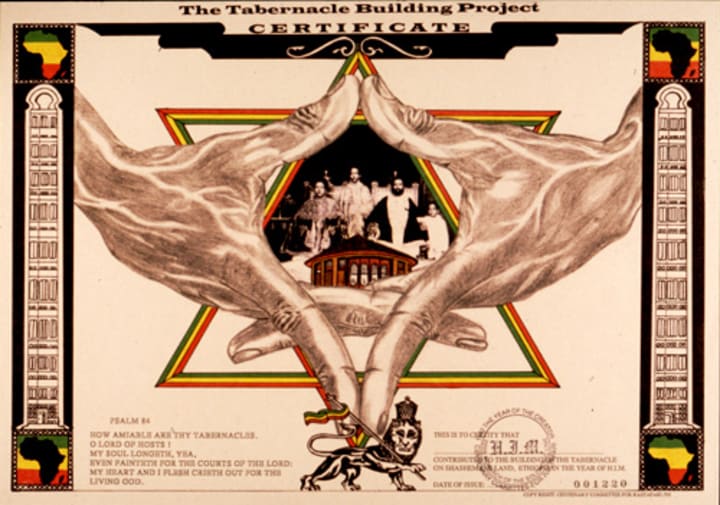
For people of the Ras Tafari movement, the country of Ethiopia holds immense religious significance due to its association with Emperor Haile Selassie I, the origins of Christianity, the significance and genesis of Judaism that brought the country one of it's most prominent eras, and the Islamic teachings. whom they revere as the embodiment of divinity on Earth. Ras Tafari theology holds that Selassie, is the long-awaited messiah, fulfilling the prophecy of the return of the black king and the redemption of the African diaspora. The coronation (which was also, marital ceremony between he[Selassie] & then, Empress Menen Asfaw] of Haile Selassie in 1930, solidified his importance in the eyes of the Ras Tafari movement, who saw it as a pivotal event in their spiritual & religious history.
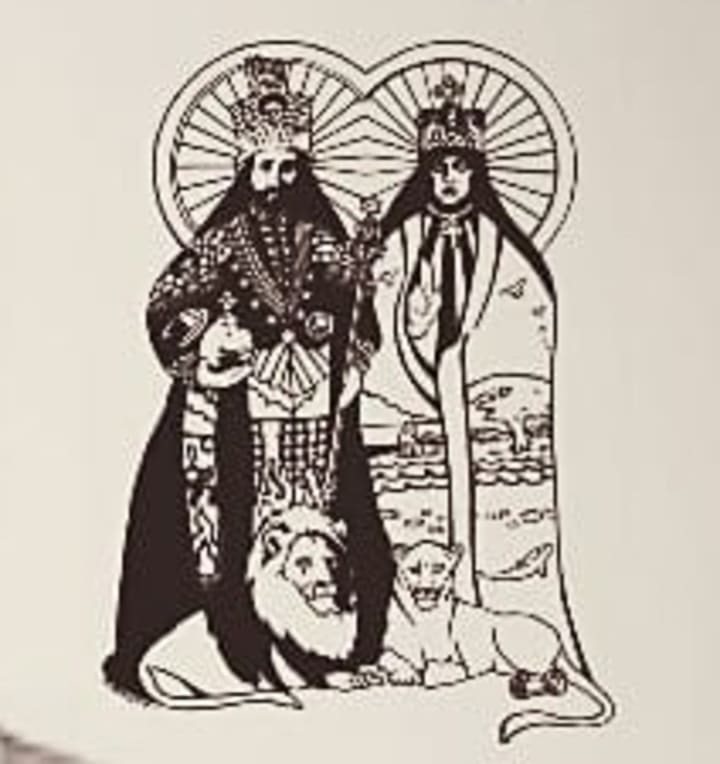
Ethiopia's significance to the Ras Tafari movement extends beyond Selassie's role. It is seen as a symbol of African pride, independence, and resistance against colonization. Ethiopia holds a unique place in history as the only African nation that successfully resisted European colonization, not once but twice; (see WWI, & WWII respectively...) inspiring a sense of African sovereignty and the spirit of self-determination among Ras Tafari.

Furthermore, Ethiopia is viewed as the spiritual homeland of Africa, representing the ancestral roots and cultural heritage of the African diaspora. Ras Tafari peoples often refer to Ethiopia as "Zion," which echoes sentiments of its hidden Hebraic origins as a nation, signifying a promised land of freedom, equality, and spiritual enlightenment.

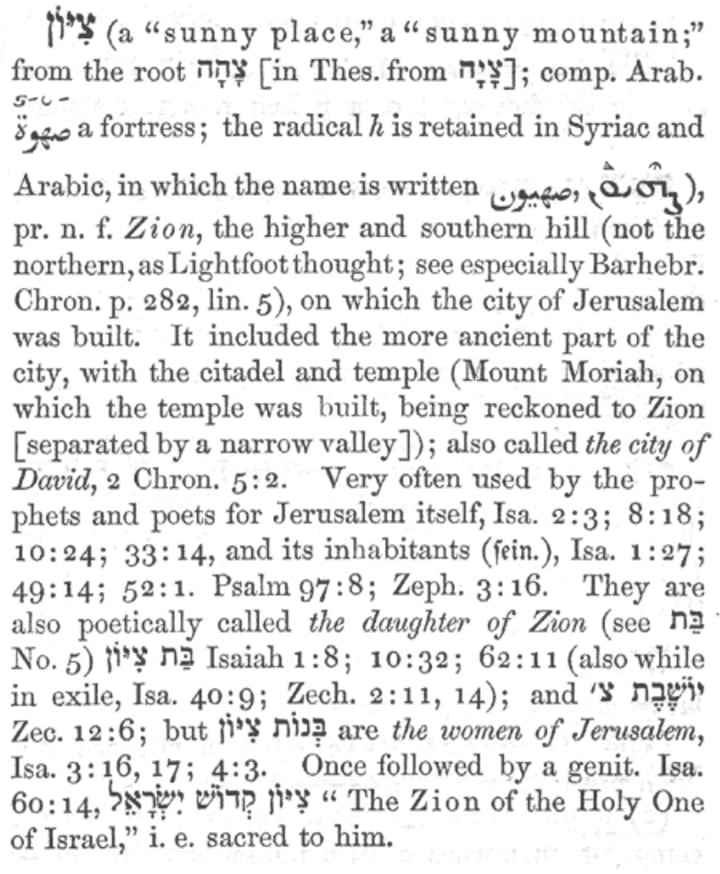
Ethiopia's significance to the Ras Tafari movement, is not solely rooted in religious belief; it also stems from cultural and historical connections, many extremely favorable in the sense of genetics, scientific data and others solely on the foot of affinities and proclivities. Ras Tafari culture draws inspiration from Ethiopian and Hebraic traditions, including music, language, and visual art. The rhythmic beats of reggae music, which serves as a powerful medium for expressing Ras tafari beliefs and experiences, find their roots in Ethiopian musical styles, such as Nyabinghi drumming, for one example.
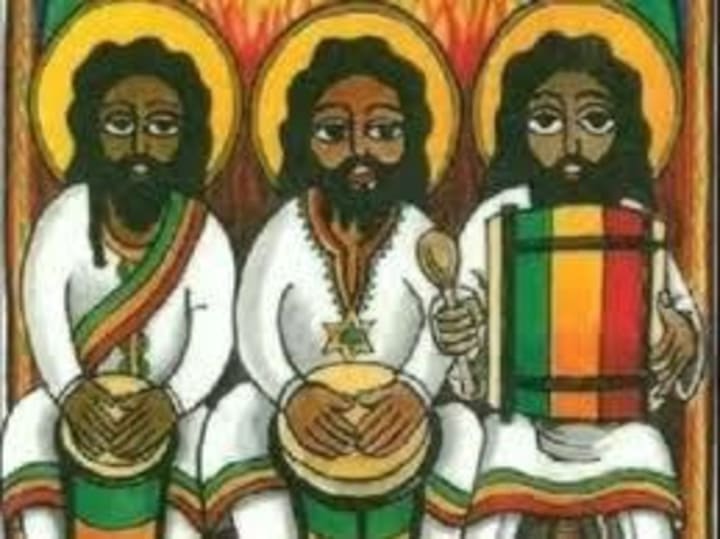
Ras Tafari, also draw inspiration from Ethiopia's rich history and the legacy of great Ethiopian leaders, such as Emperor Menelik II and Empress Taitu Betul. (monarchs of Ethiopia's first attack byway of colonization - WWI) They celebrate the historical achievements of Ethiopia, such as the Battle of Adwa - Mar. 1, 1896, where Ethiopian forces successfully repelled Italian colonization attempts in 1896, making Ethiopia a symbol of black resistance against oppression.
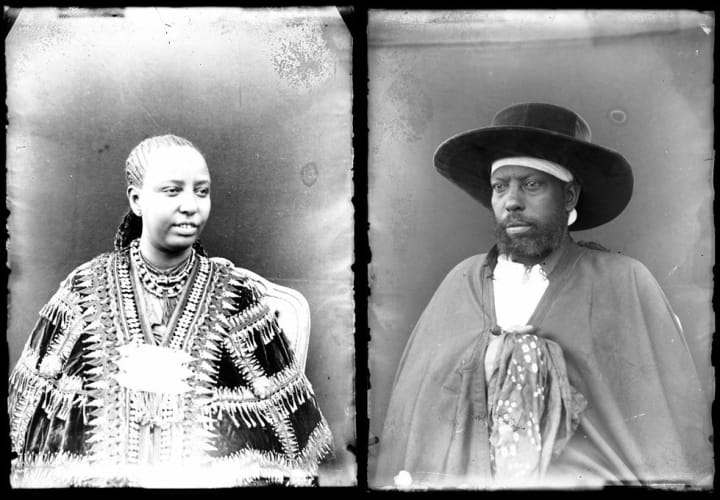
Pilgrimage to Ethiopia:
For many Ras Tafari peoples, visiting Ethiopia is a deeply spiritual pilgrimage (something eerily similar to pilgrimage to Mecca for Muslims & to Jerusalem for Jewish people, and even the Vatican in Rome for Christian-Catholics). They feel a strong desire to connect with the land that holds such religious and cultural significance. Ethiopia's sacred sites, such as the Church of St. Mary of Zion in Axum and the Holy Trinity Cathedral in Addis Ababa, are revered destinations for Ras Tafari pilgrims seeking spiritual enlightenment and communion with their faith, many others venture as far as, the birthplace of Selassie in Harar, and others even further to the famed rock-hewn churches of Lalibella.
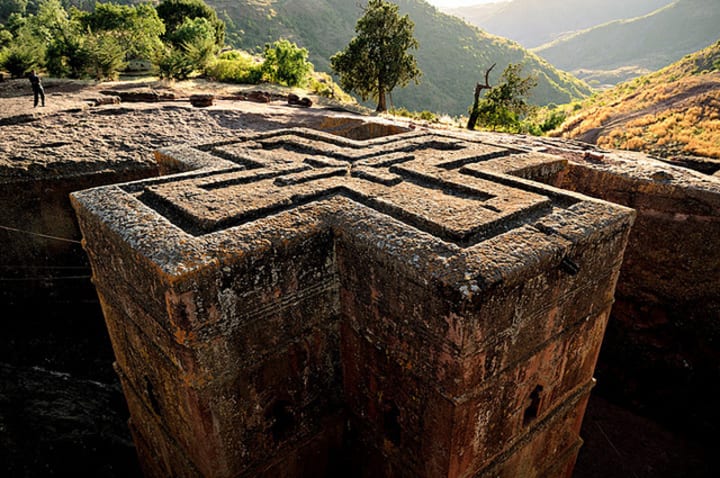
The significance of Ethiopia to the Ras Tafari movement is multi-faceted, encompassing religious, cultural, social, economic and historical dimensions. It represents a deep spiritual connection, a symbol of African pride and resistance, and a cultural wellspring of inspiration, a social dynamic of diverse ethnic groups even among African peoples, and economic empowerment by the positioning historical achievement in the face adverse odds. Ethiopia's association gives Ras Tafari with great deference for Emperor Haile Selassie I & Ethiopia as a whole, a a connection of great magnitude through its resistance against colonization, and rich cultural heritage having cemented its place as a sacred and revered land for Ras Tafari worldwide. The enduring significance of Ethiopia in the Ras Tafari movement underscores the power of faith, cultural identity, and the quest for spiritual, socio-economic and cerebral liberation within the African diaspora.

About the Creator
Yefdeyah
Proctor of RasTafariRenaissance.com; Ras Tafari: On the brink (podcast); and owner of Valiancy Publishing, LLC. A writer/blogger, history junkie, amateur linguist, researcher, and creative.

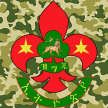




Comments
There are no comments for this story
Be the first to respond and start the conversation.